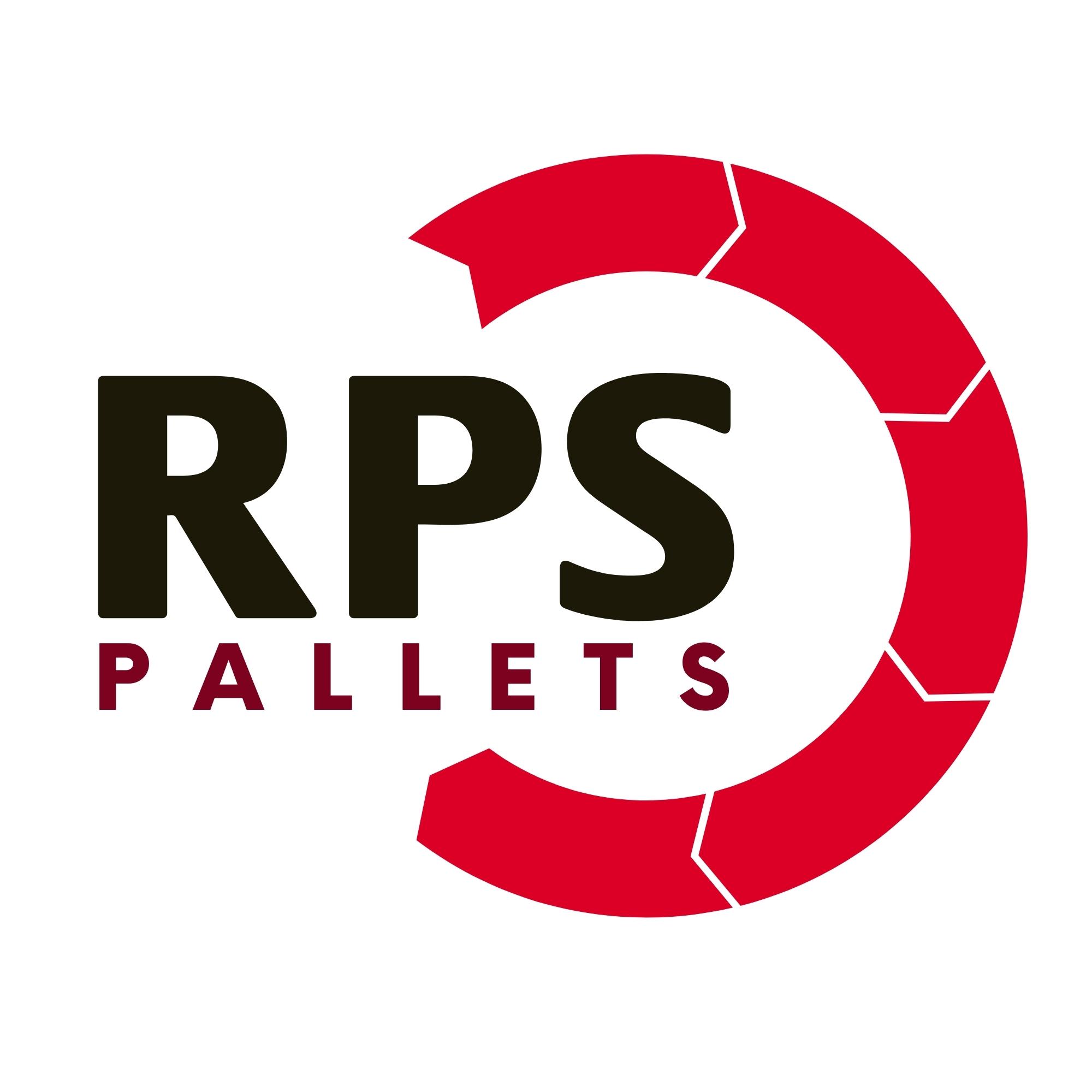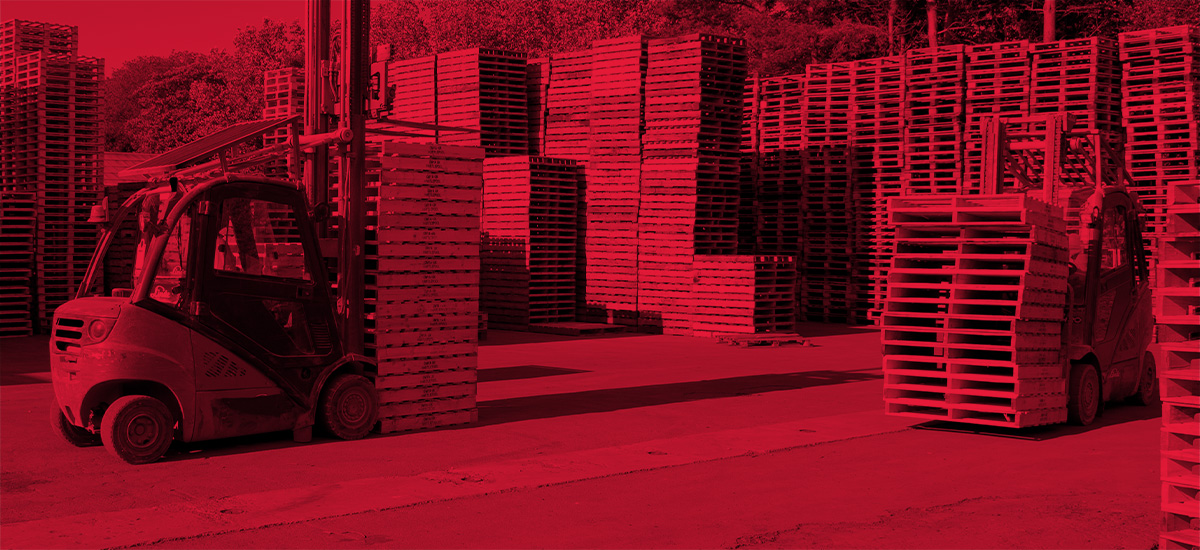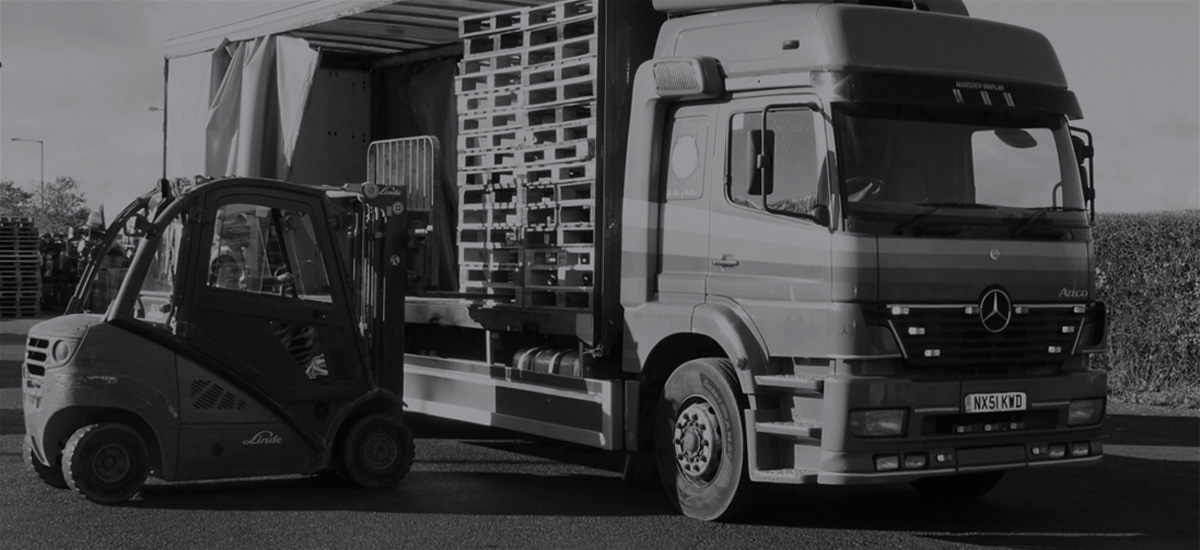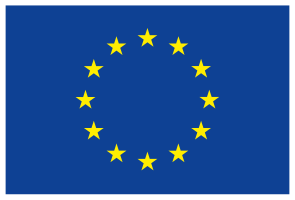As we recently blogged, with the rise in the number of both home and business deliveries made during lockdown, there would almost certainly be an increase in timber prices – and that seems to be the case.
According to the European Federation of Wooden Pallet and Packaging Manufacturers (FEFPEB), further price increases are inevitable in the pallet industry. The federation expects a rise in costs for raw materials, including timber and steel, and current availability issues to add pressure to prices for the foreseeable.
Due to the uncertainty caused by coronavirus last year, there were reports that pallet and packaging companies across Europe witnessed a drop in business. However, thanks to the construction trade recovering, sales have intensified and there is more pressure on pallet timber, with some shortages already being reported.
A number of countries recorded high price rises during quarter four of 2020, a trend which has continued and, in some cases, accelerated across Europe into 2021.
Other factors that contribute to the increase in prices are the diversion of Scandinavian and German timber to satisfy the demand in American and Chinese markets, and a recent drop in Irish timber production. It has also been reported that, in America, pallet timber has doubled in price.
Thomas Hudson, the commercial director of RPS, said: “There are factors outside of business’ control that impact pallet costs and it is the users of these pallets who are left with the bill.
“With this in mind, reuse of recycled pallets is a great way to keep costs low, however it is worth noting that as new pallet prices increase, so will supply and demand for reconditioned pallets. In turn, the price of reconditioned pallets could rise too as security of supply becomes a factor. Fundamentally, it is still more cost-effective than new packaging but there could be increases across the board.”
FEFPEB highlighted the developing situation in Autumn last year, stating that the increased administrative burden, and the delays and costs linked with Brexit have further impacted the trade. So far this year, there has been a surge in demand for pallets conforming with international heat treatment, following the UK & EU ISPM-15 legislative requirements introduced in January 2021.
Thomas continued: “With a potential increase in demand for reconditioned pallets, businesses may be looking for alternative supply and one that’s more cost-effective compared to buying new. For RPS and others in the industry, this could mean a growth in sales of reconditioned pallets.”
Has your business experienced an increase in pallet prices recently? Let us know by tweeting us @RPS_Limited or head to our LinkedIn company page.
